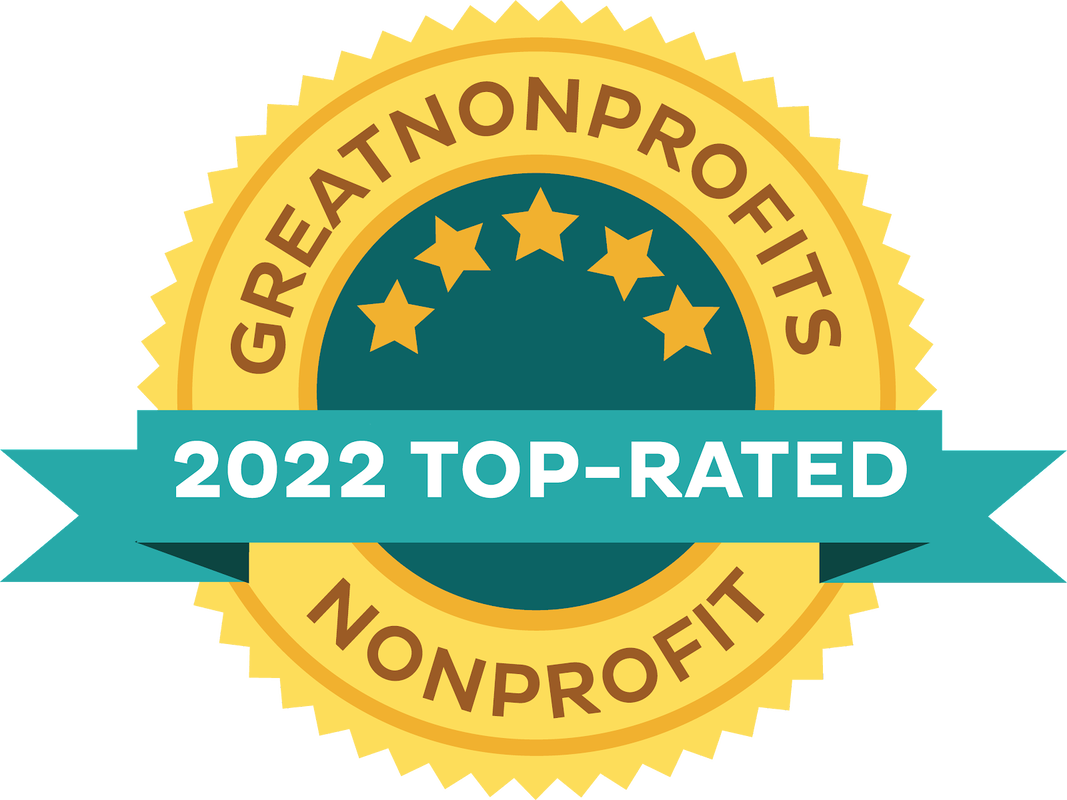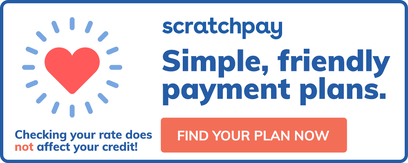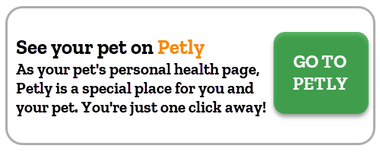|
If you are reading this, chances are you already know that sharing your life with a pet can improve your health and happiness. Having a pet also brings certain responsibilities for the pet owner. They include many items we are well aware of, like proper nutrition, exercise, maintaining a healthy weight, and veterinarian visits among other things. Even with that knowledge, the reality is a lot of pets are still in bad health, and in many cases the pet owner is unaware of the issues, or can't afford to properly care for the pet. This post has been created with that in mind. Listed below are some basic tips that are either free, low cost, or preventative in nature reducing the chance of future, much more expensive or devastating alternatives. These tips help you stay in tune with your dog, and can help you notice small things before they lead to big things. Grooming
Preventative Medications
Wellness Exams
Nutritious Diet
Exercise
Maintain A Healthy Weight
Understand Normal
There are a lot of ways for you to stay in tune with your pets health. Some are inexpensive or free, and others may have a cost associated with them. We are doing our part here at the Leave No Paws Behind Veterinary Clinic to lower the cost of vet care, in the hopes that we can prevent little concerns from becoming major health issues.
In most of the tips above, the underlying advice is basically this: Spend time with your pet. Love them. Pet them. Play with them, take them for walks, snuggle with them, give them a massage. Just by doing that, you will begin to notice small things that can be fixed or treated before they become big things. Go love on your pet today. 💕 Comments are closed.
|
|
Leave No Paws Behind
1047 E Amar RD West Covina, CA 91792 https://api.pethealthnetworkpro.com/v1/practices/b92961ee-4e18-4be2-9850-16df483d9489/survey-responses
|
Office HoursMonday: 8:00am - 6:00pm
Tuesday: 8:00am - 6:00pm Wednesday: 8:00am - 6:00pm Thursday: 8:00am - 6:00pm Friday: -----Closed----- Saturday: -----Closed----- Sunday: -----Closed----- Contact Us
|
Site powered by Weebly. Managed by IDEXX Laboratories
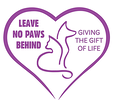

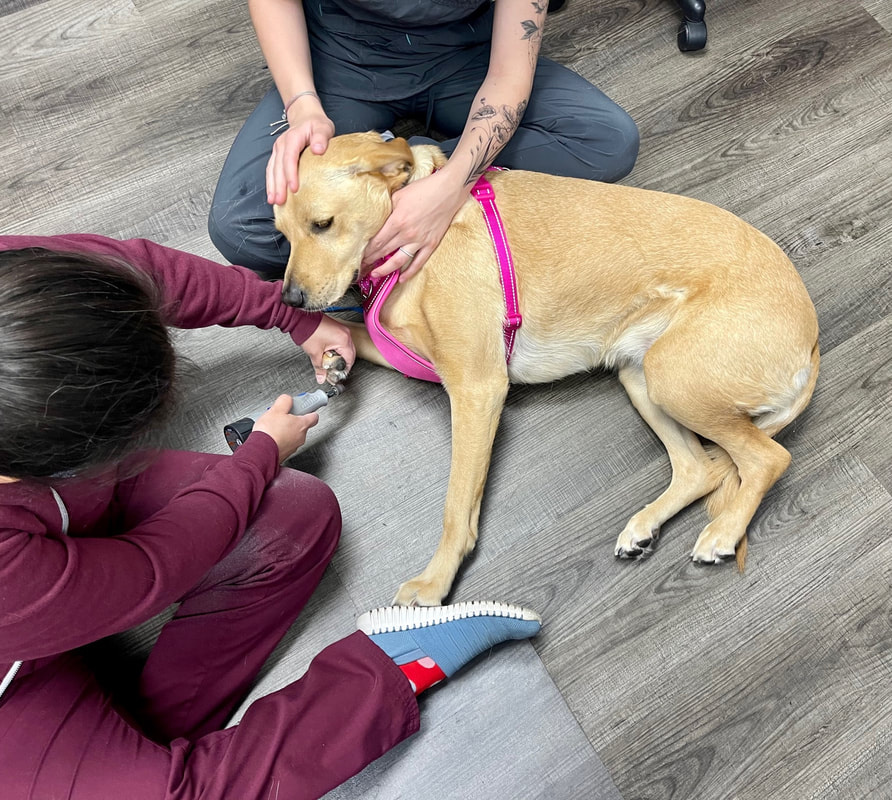
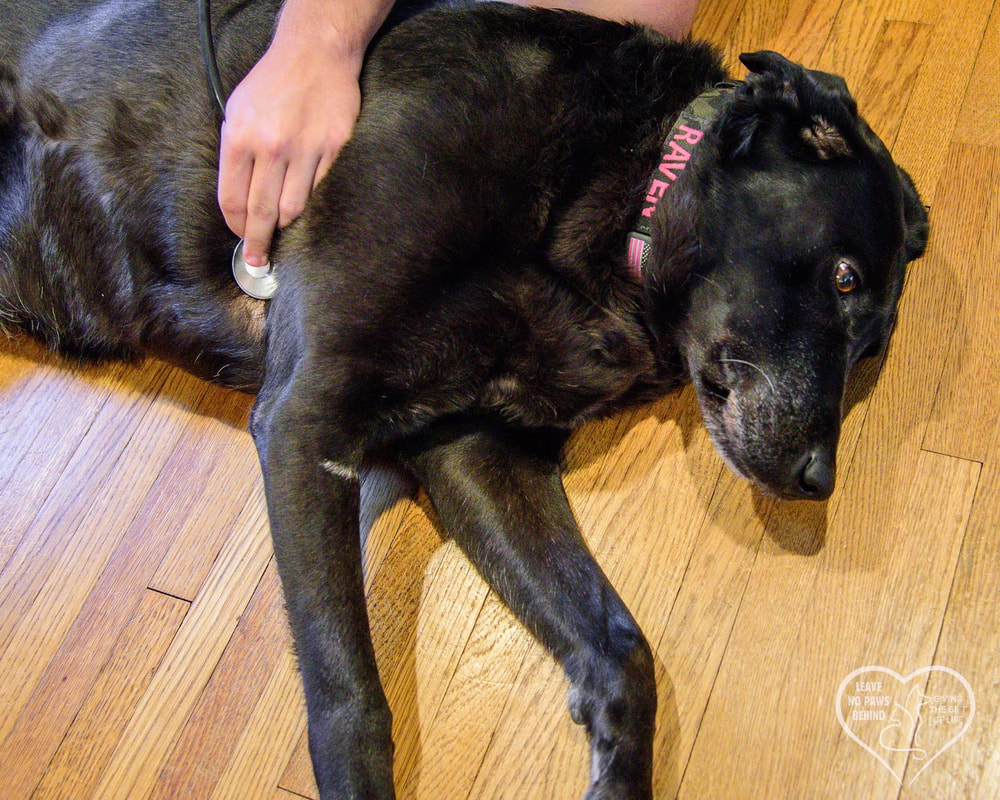
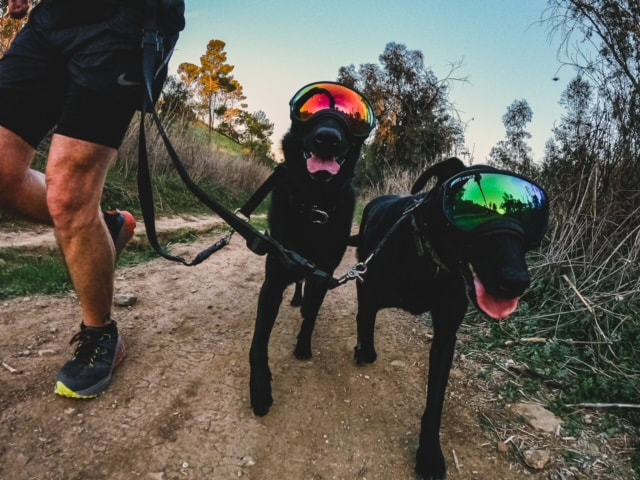

 RSS Feed
RSS Feed
